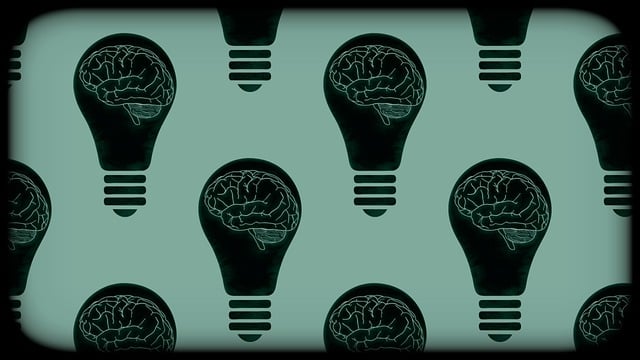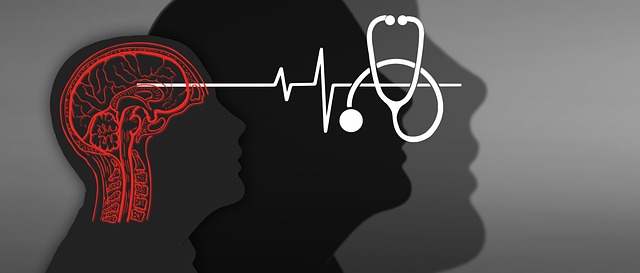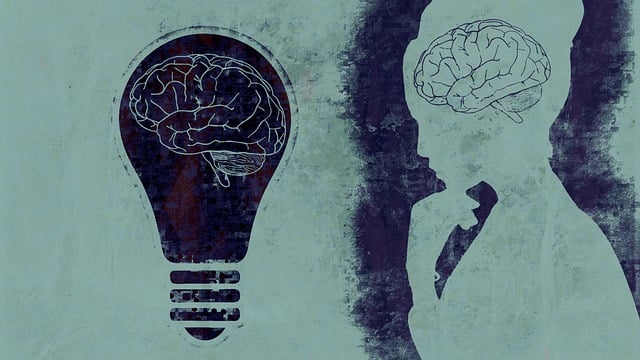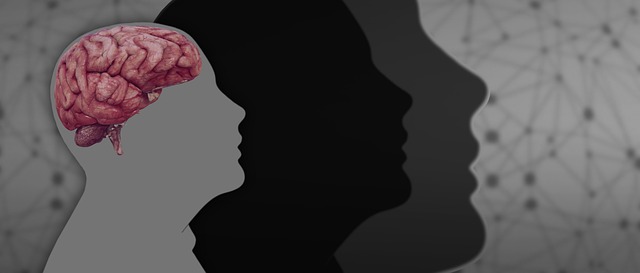Mindfulness meditation emerges as a powerful therapy for young adults suffering from chronic pain, offering more than relaxation. By cultivating present-moment awareness and non-judgmental observation of thoughts and sensations, individuals gain insights into their pain and develop coping strategies that enhance mental wellness and resilience. This practice detaches them from negative thought patterns, reduces physical discomfort's impact on daily life, and serves as a crisis intervention guidance. Integrating mindfulness meditation into routines boosts confidence in managing pain, improves quality of life, and potentially leads to long-term relief.
Discover the transformative power of mindfulness meditation as a therapy for young adults experiencing chronic pain. This comprehensive guide explores how mindful practices can offer much-needed relief and enhance overall well-being. From understanding the fundamentals of mindfulness for chronic pain management to mastering essential tools for beginners, we provide valuable insights. Learn effective strategies to overcome challenges and integrate mindful moments into your daily routine, fostering resilience and promoting a healthier lifestyle.
- Understanding Mindfulness Meditation for Chronic Pain Relief
- Benefits of Mindfulness for Young Adults with Chronic Conditions
- Getting Started: Essential Tools and Techniques for Beginners
- Overcoming Challenges: Strategies for Consistent Practice
- Integrating Mindful Moments into Daily Life
Understanding Mindfulness Meditation for Chronic Pain Relief

Mindfulness meditation has emerged as a powerful therapy for young adults suffering from chronic pain. By focusing on the present moment and non-judgmentally observing thoughts and sensations, individuals can cultivate a deeper understanding of their pain and develop effective coping strategies. This practice isn’t just about relaxation; it’s a form of self-care that enhances mental wellness and builds resilience.
For those dealing with chronic pain, mindfulness offers a way to detach from negative thought patterns and reduce the impact of physical discomfort on daily life. It serves as a valuable crisis intervention guidance, teaching individuals how to navigate intense emotions and sensory input. By integrating mindfulness meditation into their routines, young adults can boost their confidence in managing pain, improve overall quality of life, and discover a path towards long-term relief.
Benefits of Mindfulness for Young Adults with Chronic Conditions

For young adults grappling with chronic conditions, incorporating mindfulness meditation into their daily routines can offer a transformative path towards improved well-being. Beyond managing symptoms, mindfulness serves as a potent therapy for Young Adults Chronic Pain, fostering resilience and emotional regulation. By focusing on the present moment, individuals can learn to detach from negative thought patterns and reduce the impact of pain on their overall quality of life. This practice has been shown to enhance coping skills development, enabling young adults to navigate their conditions with increased confidence and a sense of control.
Beyond physical symptoms, mindfulness meditation provides crisis intervention guidance, assisting in managing stress and anxiety often associated with chronic illnesses. Its ability to promote mental clarity and self-awareness can be particularly beneficial for those who have experienced trauma, offering valuable trauma support services. By cultivating a non-judgmental awareness, individuals can develop effective strategies to cope with the emotional challenges that frequently accompany chronic conditions, paving the way for a more fulfilling life despite their health status.
Getting Started: Essential Tools and Techniques for Beginners

Starting your mindfulness meditation journey can be transformative, especially for young adults navigating chronic pain. This ancient practice offers a powerful tool to cultivate inner strength and develop coping mechanisms. For beginners, it’s crucial to establish a routine in a quiet, comfortable space, free from distractions. Essential tools include a supportive cushion or chair, warm lighting, and, optionally, soothing music to create a calming atmosphere.
Techniques like guided meditations, focusing on the breath, or body scans can help. Start with short sessions and gradually increase duration. Remember, consistency is key; even a few minutes daily can make a difference. Engaging in mindfulness can enhance self-esteem and provide valuable skills for managing pain, especially when combined with Healthcare Provider Cultural Competency Training to address unique challenges.
Overcoming Challenges: Strategies for Consistent Practice

Overcoming Challenges is a significant aspect of establishing a consistent mindfulness meditation practice, especially for young adults dealing with chronic pain and seeking therapy. The initial stages of meditation can be daunting, with common hurdles including finding time in a busy schedule and maintaining focus amidst distracting thoughts. To combat these issues, start by setting realistic goals, such as dedicating just 10 minutes daily to meditation. Gradually increase the duration as comfort allows. Healthcare providers experiencing burnout can benefit from incorporating mindfulness into their routine; short practices throughout the day can help manage stress and prevent emotional exhaustion.
Remember, consistency is key. Incorporate mindfulness into your morning or evening routine for optimal results. Strategies like using reminders, meditating with friends, or exploring guided apps can aid in maintaining discipline. Additionally, embrace a non-judgmental attitude towards your practice; accept that thoughts will wander and gently guide them back to the present moment. This process not only enhances mindfulness but also supports emotional healing processes and anxiety relief, which are crucial for young adults navigating chronic pain and its associated challenges.
Integrating Mindful Moments into Daily Life

Integrating mindfulness into daily routines can be a powerful tool for young adults experiencing chronic pain. Simple moments of awareness, such as taking a mindful breath during a break at work or practicing gratitude while brushing teeth, can serve as a form of therapy and promote self-care. These small practices cultivate empathy building strategies within the individual, fostering a sense of agency and resilience. By incorporating mindfulness, young adults can navigate their pain with greater clarity and without resorting to harmful coping mechanisms.
In addition to personal practice, healthcare provider cultural competency training emphasizes the role of empathy in effective crisis intervention guidance. Mindfulness techniques can be incorporated into these interactions, allowing providers to offer supportive care that acknowledges and validates a patient’s experience of chronic pain. This holistic approach, combining mindfulness meditation with Crisis Intervention Guidance tailored to young adults’ needs, has shown promise in improving quality of life for those living with chronic pain.
Mindfulness meditation, as explored in this guide, offers a promising therapy for young adults grappling with chronic pain. By integrating practices that foster awareness and acceptance, individuals can find relief from symptoms, improve overall well-being, and enhance their quality of life. Through understanding the science behind mindfulness, gaining practical tools, and persisting through challenges, young adults have the potential to harness the transformative power of this ancient practice for a brighter tomorrow.














